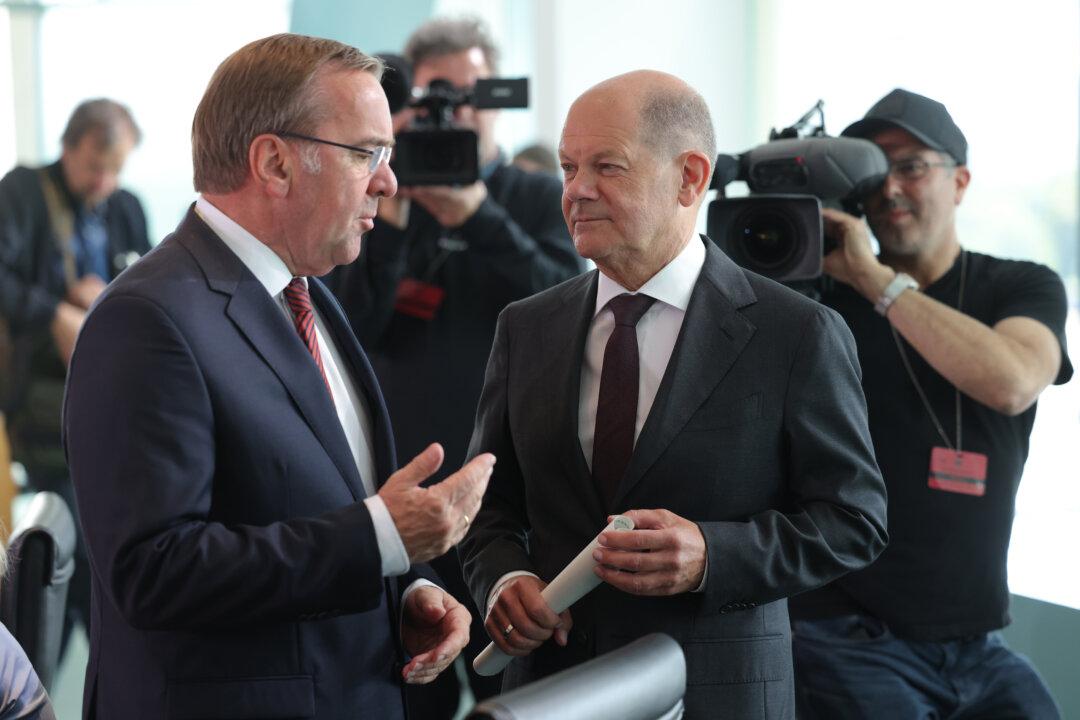Germany’s defence minister presented a proposal on Wednesday for a selective military service focused on volunteers to boost its depleted armed forces in the face of tensions with Russia, following widespread opposition to a return to conscription.
The proposal is part of Germany’s shift towards a more robust foreign and defence policy, announced by Chancellor Olaf Scholz as a “Zeitenwende” or “turn of era” in the days after Russia’s invasion of Ukraine in February 2022.





